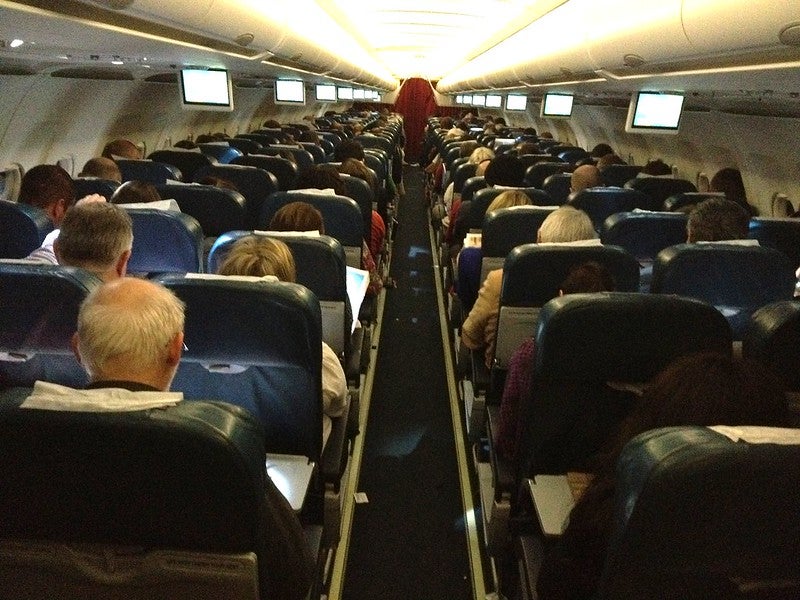
The International Air Transport Association (IATA) has stated that the global passenger demand for February decreased by 14.1% compared to February last year.
The demand for air traffic is measured in total revenue passenger kilometres (RPK).

Discover B2B Marketing That Performs
Combine business intelligence and editorial excellence to reach engaged professionals across 36 leading media platforms.
This is reported to be the largest decrease in passenger traffic since 11 September 2001.
The decline is stated to be caused by decreased domestic travel in China and declining international demand within the Asia-Pacific region due to the Covid-19 pandemic and travel restrictions.
IATA added that the capacity of February decreased by 8.7% while the load factor reduced to 75.9%.
IATA director general and CEO Alexandre de Juniac said: “Airlines were hit by a sledgehammer called Covid-19 in February. Borders were closed in an effort to stop the spread of the virus. And the impact on aviation has left airlines with little to do except cut costs and take emergency measures in an attempt to survive in these extraordinary circumstances.

US Tariffs are shifting - will you react or anticipate?
Don’t let policy changes catch you off guard. Stay proactive with real-time data and expert analysis.
By GlobalData“The 14.1% global fall in demand is severe, but for carriers in Asia-Pacific the drop was 41%. And it has only grown worse. Without a doubt this is the biggest crisis that the industry has ever faced.”
The international demand in February decreased by 10.1% compared to February last year which is the highest decrease since the Sars outbreak in 2003. The figure is a contrast compared to the January figures which showed an increase of 2.6%.
Only the Europe and Middle East regions recorded an increase in year-over-year traffic.
The capacity decreased by 5% while load factor reduced to 75.3%.
De Juniac added: “This is aviation’s darkest hour and it is difficult to see a sunrise ahead unless governments do more to support the industry through this unprecedented global crisis.
“We are grateful to those that have stepped up with relief measures, but many more need to do so. Our most recent analysis shows that airlines may burn through $61bn of their cash reserves during the second quarter ending 30 June 2020.
“This includes $35bn in sold-but-unused tickets as a result of massive flight cancellations owing to government-imposed travel restrictions.”





